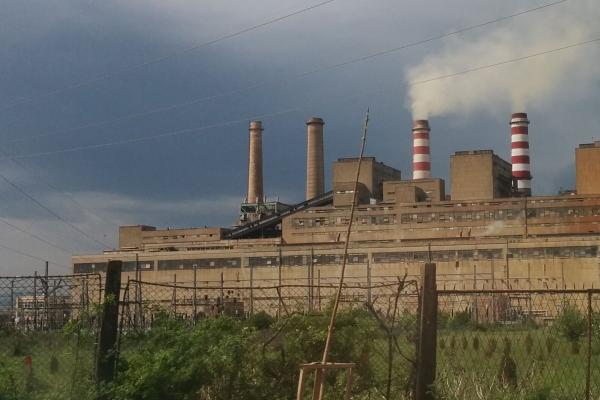The oil will damage 20,000 square kilometres of wildlife: it will be extracted mainly in Tilenga, in Murchison Falls National Park, home to the last remaining populations of Rothschild's giraffe, and transported to Kabaale, where the start of the EACOP pipeline crosses between the tropical forests of Bugoma and Wambabya, cutting off the corridors of endangered chimpanzee species. At the end of the route, the pipeline will end at the borders of the Tanga Coelacanth Marine Park, where mangrove forests will be decimated for the construction of the new terminal and African coral reefs will be affected.
EACOP has been hotly contested by local activists, and environmental organisations have raised serious concerns that it will jeopardise the fight against climate change and violate the international Paris Agreement with an estimated 34 million tonnes of CO2, twice the combined emissions of Uganda and Tanzania in 2021.
This story portrays the ecosystems at risk in Uganda and Tanzania, and the local communities directly affected, in a world where global warming is a reality as the planet's energy needs continue to grow.






